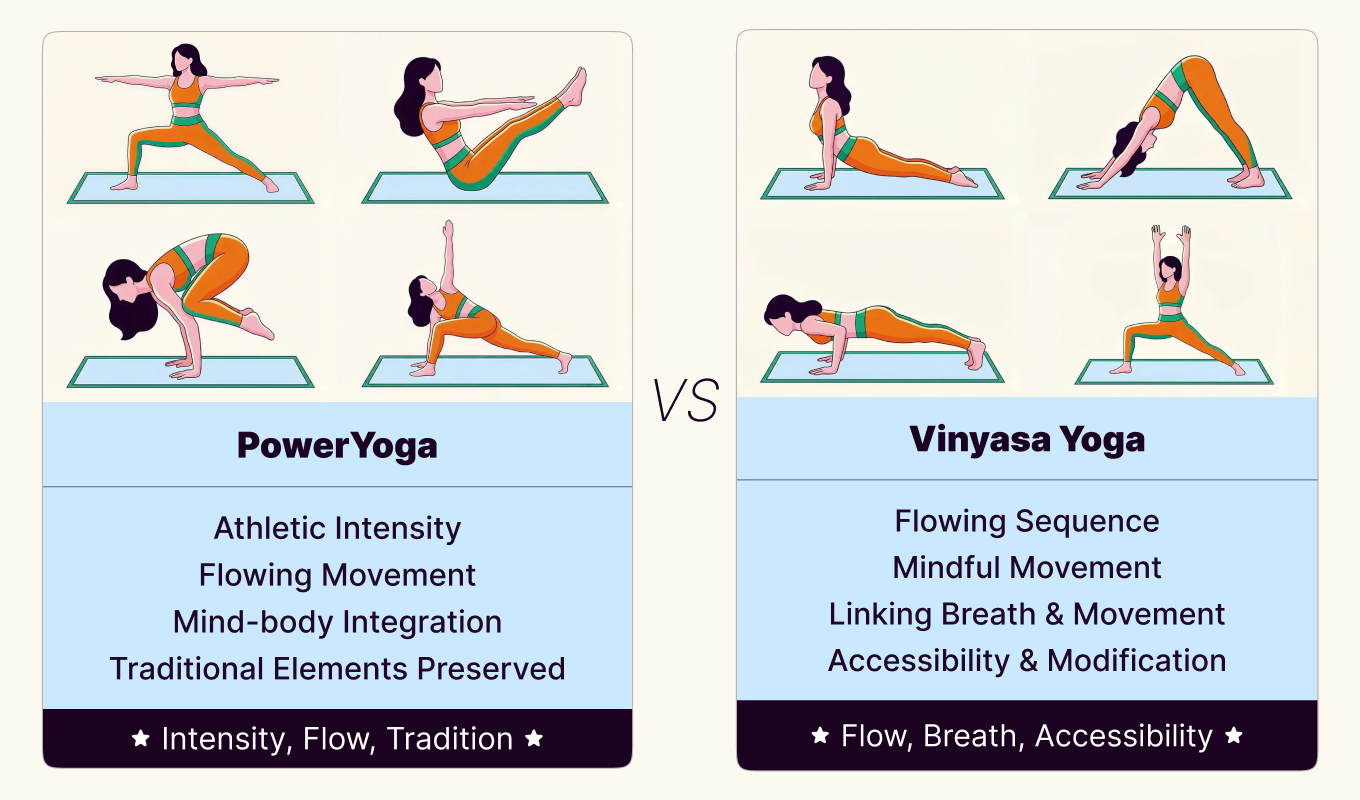What is {{name}}?
Nada yoga is the yoga of sound, and involves potent meditative techniques using sound, vibrations, and music. Nada yoga can employ the use of many different kinds of sounds and music, like chanting, singing bowls, or calming instrumental music. The goal of nada yoga is to concentrate fully on an external sound until your other senses become quiet, allowing your internal sounds to be heard more clearly.
Nada yoga is an ancient spiritual technique believed to harness the power of sound to achieve self-realization. Through regular practice of nada yoga, students can deepen their awareness and improve their concentration. Here are a few more things you should know about nada yoga.
Who it’s for
- Beginner to advanced yogis
- Anyone seeking inner transformation
Who it’s not for
- Anyone can practice nada yoga
How it will help you
- Encourages one-pointed focus
- Improves concentration
- Aids in achieving self-realization
- Relieves stress and anxiety
- Energizes chakras
- Relaxes the body
- Helps release negative emotions
How it will not help you
- Anyone can practice nada yoga

Enjoy a Free 1-on-1 Session with a Coach!
Receive personalized guidance tailored to your unique fitness goals, live with a dedicated coach—no credit card required.
Questions about {{name}}
Nada yoga means the “yoga of sound.” In Sanskrit, the word “nada” means sound or tone. The practice of nada yoga involves meditating on a specific sound, or calming instrumental music.
Nada yoga is the practice of meditating with sound to achieve one-pointed focus. You can practice nada yoga through listening to calming music, singing bowls, or chanting a specific Sanskrit mantra. Quietly allow yourself to become absorbed by the sound, forgetting your other senses. When you begin to hear the inner sounds of your own being, you can then shift your focus to those inner sounds, and thereby connecting with the chakra system—or energy sources—within your body.
Nada yoga meditation is the simple act of meditating with sound. The sound can be external or internal, and can come from a variety of sources. The purpose of this meditation is to focus your attention on your hearing senses and connect more fully with your inner self.
There are numerous benefits to practicing nada yoga, like improved concentration, relaxation, relief from stress and anxiety, emotional healing, and self awareness. Nada yoga also energizes the sacral chakras of the body, leading to self-realization.
Anyone can perform nada yoga. While some may find it difficult to fully concentrate at first, regular practice can help hone your ability to focus on your hearing senses. It is believed that yogis who are advanced in the practice of nada yoga can successfully hear the inner sounds and workings of their own body.
Nada Brahma is a Sanskrit term that means “sound is joy,” or “sound is the world.” Essentially, it is the concept that sound and vibration conveys healing energy. Through transcendent sounds, one can access a cosmic energy to experience absolute unity.










